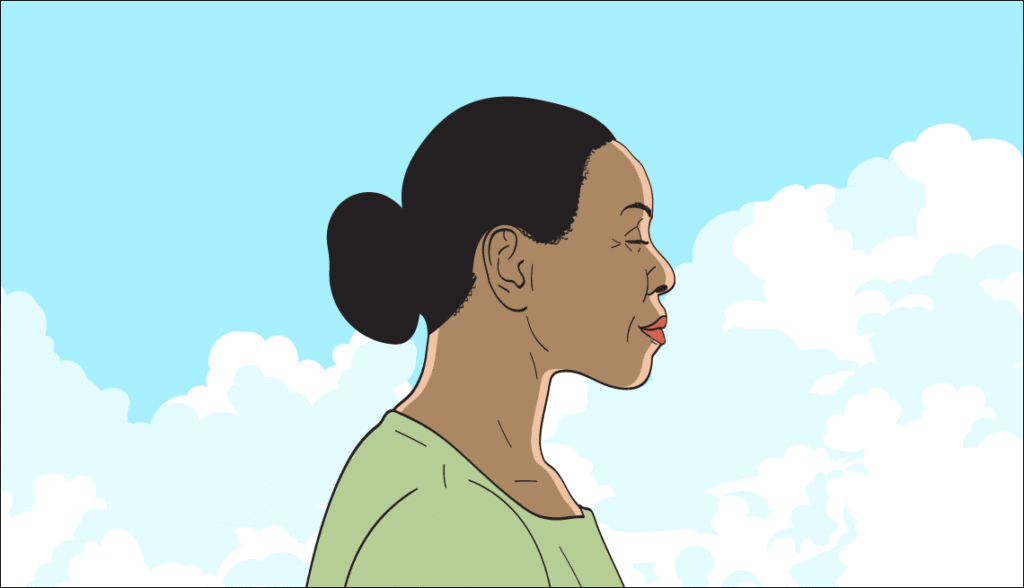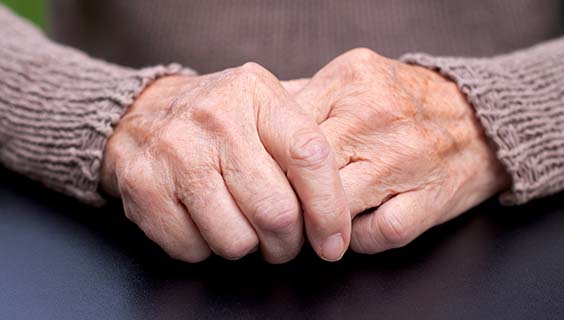Health and Wellness
How the Aging Brain Affects Thinking
The brain controls many aspects of thinking — remembering, planning and organizing, making decisions, and much more. These cognitive abilities affect how well we do everyday tasks and whether we can live independently. Some changes in thinking are common as people get older. For example, older adults may: • Be slower to find words and…
Read More6 Science-Backed Breathing Exercises That May Lower Blood Pressure
A valuable tool to lowering high blood pressure is completely free and always with us: our breath. While it’s an essential function for life, many of us aren’t utilizing breathing to its full potential, including its ability to reduce hypertension, a condition that affects most older Americans. Breathing affects not just your lungs but also…
Read MoreWhat Goes On in the Brain When We Dream?
The 18th-century German novelist and poet Novalis once wrote: “Without dreams, we should certainly grow old sooner.” Sadly, Novalis never lived long enough to find out if he was right; he died at 28 from tuberculosis. But he and his fictional character — who was extolling the value of a dream he’d had that night…
Read MoreHigh Diastolic Blood Pressure: Causes and Risk Factors
In a typical scenario, when a person has high blood pressure – 130/80 or above, according to the latest guidelines – their top and bottom numbers are both elevated. Sometimes, just the top number, called systolic blood pressure, is high. But far less commonly, diastolic blood pressure – that bottom number – is high even…
Read MoreWhat to Know About Aging and Osteoarthritis
Osteoarthritis is the most common form of arthritis among older adults. It is also one of the most common causes of physical disability among adults. Osteoarthritis is a degenerative joint disease that happens when the tissues that cushion the ends of the bones within the joints break down over time. These changes usually develop slowly…
Read More6 Ways Loneliness Can Harm Your Health — and How to Cut Your Risks
Doctors check your blood pressure, cholesterol and weight. Maybe they should ask you about your social life, too. That’s because people who struggle with social connection — whether they feel lonely, have few relationships or have troubled relationships — face multiple physical and mental health risks, according to a recent advisory from U.S. Surgeon General…
Read More





